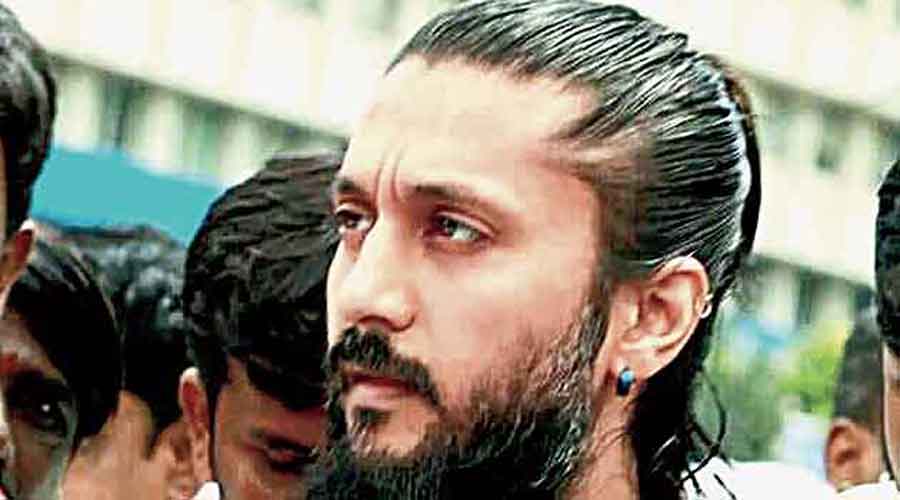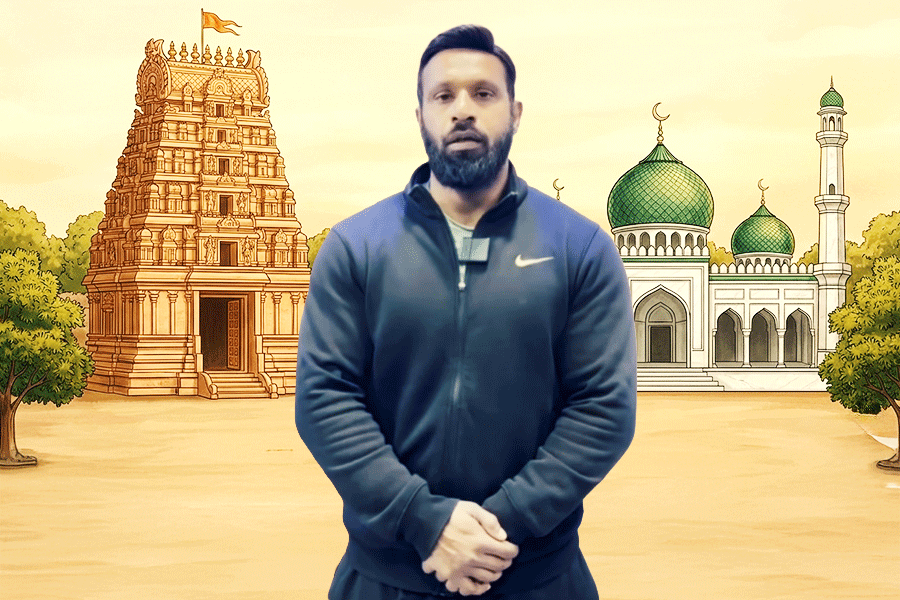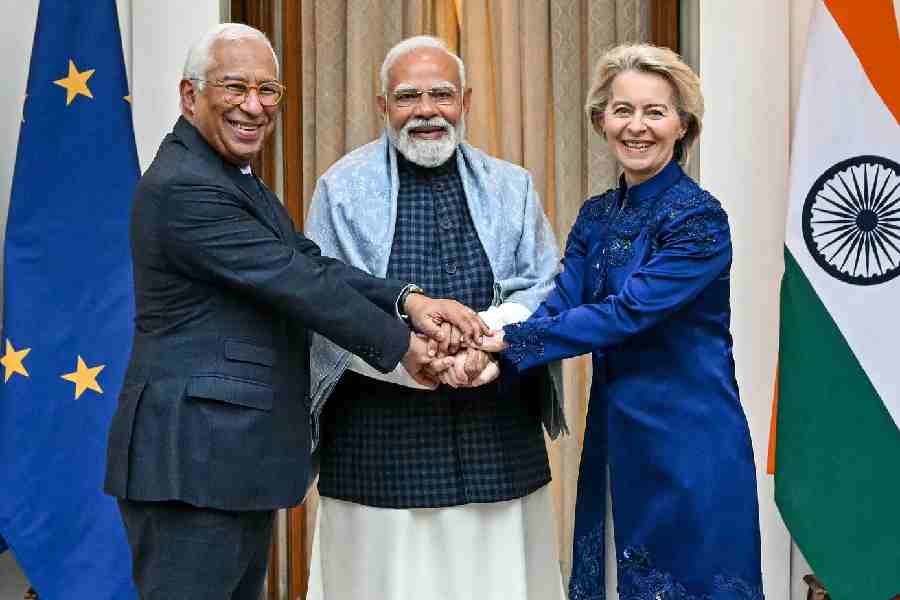The idea of India has always been a contested territory. Competing ideological schools of thought have been battling for supremacy to etch nationhood — Indianness — in their respective designs for much of India’s journey as a political entity. These battles have acquired a sharper edge in recent times. The ruling regime and its ideological allies are at work, chipping away at India’s pluralist traditions to carve out their dream of a majoritarian — totalitarian? — State. They are being resisted by those who believe in the dream of India’s founding fathers who gave the republic a secular, inclusive character. But the national identity transcends conflicts between sectarianism and secularism. What makes Indianness complicated and, simultaneously, engaging is its receptivity to wider strands of thought. One such line of thinking was aired recently by the Kannada actor and activist, Chetan Kumar Ahimsa, who stated in an interview that Indianness is determined not by birth or official documents such as passports; on the contrary, it is defined by the collective — ideological — willingness to be equal in the truest sense.
There is, of course, an immediate political context that lends the required degree of seriousness to Mr Ahimsa’s views. He has been a vocal critic of Hindutva and its proponents. Mr Ahimsa has had his OCI card, which allows him to stay perpetually in India, revoked by the Foreigners Regional Registration Office — a reward for his dissident opinions? — and has been asked to leave the country within a stipulated time frame. Mr Ahimsa’s battles — personal and political — are symptomatic of the larger war of ideas unfolding in India. In a way, every citizen is part of this conflict and needs to make a choice. That decision, in a perfect world, should have been in favour of defining the nation in the light of an egalitarian framework. That would also be consistent with the constitutional mandate that is supposed to be upheld by every citizen and the Indian State. But this, unfortunately, is far from a perfect world. That is borne out by India’s steady and precipitous slide on nearly every parameter of equality in recent years. Worse, orchestrated polarisation — religious, social and economic — is being given legitimacy by the powers that be in the name of nationalism and the nation. There is immense merit in Mr Ahimsa’s alternative point of view. It must reach out to a broader platform.










